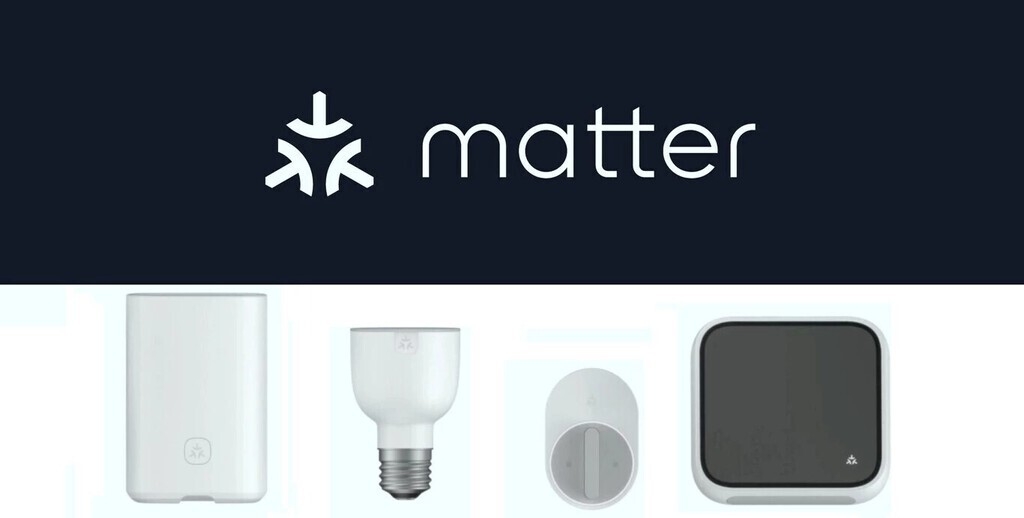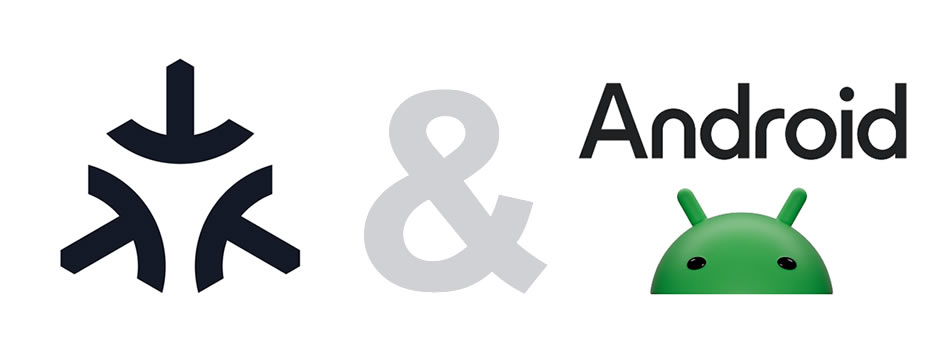
Let’s explain what Matter is, the unified standard for smart devices with which three of the main companies in the sector are trying to make your life easier. The idea is to ensure the interoperability of their products for the home so that instead of having several different standards, there is one unique standard for all devices to work with all control centers.
Google, Amazon, Samsung, or Apple are three of the major companies behind the control of smart devices for the home, the Internet of Things. When you buy a smart bulb, you have to see if it is compatible with Assistant, Alexa, SmartThings, or HomeKit, and what this initiative seeks is that you don’t have to choose between one or the other.
What is Matter
When using connected home devices, you need two things. First, the device you want to connect to the home, and second, a standard with which to control the connected devices. In this way, you can use the configured devices from a smart speaker, but these have to be compatible with the technology used by the speaker.
The problem here is that each company responsible for virtual assistants has been creating its own ecosystem, its own control technology. Samsung has SmartThings, Amazon has Alexa, Apple has HomeKit, and Google works based on Home. And therefore, when setting up your connected home, you have to decide on one of the technologies, and then make sure that what you buy is compatible with them.
Companies
Matter is a unique ecosystem in which all companies commit to making their assistants or devices compatible with those of the other participating companies. It is a connectivity standard created by the Connectivity Standards Alliance (CSA) and has the support of Google, Apple, Amazon, Signify, and Samsung, among others.
This means that having to choose an ecosystem is going to end, since all the main ecosystems will be compatible with each other. When you see the Matter logo on a product, it means that it is ready to be managed alongside other products that also belong to the ecosystem.
For example, if you have a Google speaker, you will be able to use it from the applications of Apple, Samsung, LG, or others, and a bulb from a certain brand will be able to be linked to products from other brands, as long as all are within this protocol. Currently, there are almost 280 companies in the CSA, which are the ones participating in this unified ecosystem.
Advantages Offered
One of the main advantages of Matter is that you no longer have to worry about whether something is compatible with Alexa, Google Home, Apple HomeKit, since from now on, all will be compatible with Matter, and will be able to work from any platform. Companies have finally come to an agreement to make life a little easier for users.
Matter is based on IP technology. This means that although it is designed for all devices to connect through your home’s WiFi, it also works locally. With this jargon, you achieve that it is not necessary for all products to connect to the cloud, or that you can do things like turn off lights from your phone.
For this, it is based on WiFi and the old Thread protocol. The idea is that each device connected to the network acts as a node, and can control other devices by acting as a tip.
Matter has all kinds of product categories, which will make the ecosystem usable with almost any connected device. You have everything from smart bulbs to sensors, garage doors, air fresheners, purifiers, robots, or IP cameras. Also, speakers, doorbells, hubs, routers, plugs, home automation applications, and much more.




